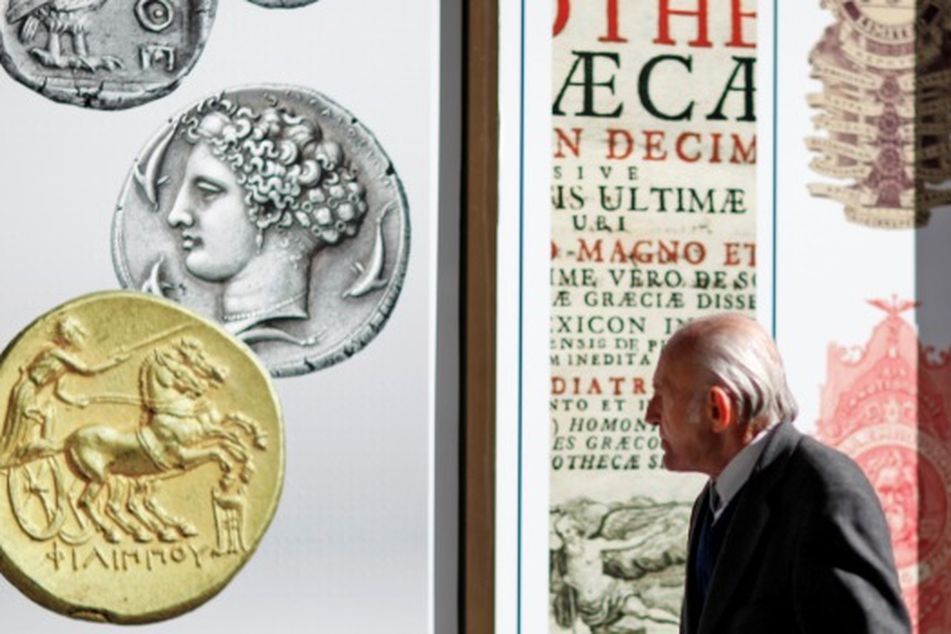Double whammy in Europe eyed by U.S. investors
 What will be the coin of the realm?
What will be the coin of the realm?
All eyes on Italian bond auction, Greek election; major recession possible on the Continent
Europe’s evolving debt crisis continues to overshadow most of the economic data and news coming out of the U.S., thus leaving investors in a state of wait-and-see, according to market watchers.
Thursday’s Italian bond auction was the most recent data point out of Europe. It did not send a strong positive signal to the markets as the Italian government paid 6.12% yields on 10-year bonds. Italy’s overall debt is now at $2.4 trillion.
“The primary worry right now in Europe is that the cost of capital has risen dramatically, and the common thinking is Italy is next, so the market is paying attention to where the [auction] yields come in relative to the German bund,” said Quincy Krosby, a market strategist at Prudential Financial Inc.
“High yields on the Italian debt means investors don’t have confidence in Italy,” she added.
While Spain also is considered to be on the ropes, the next shoe will drop Sunday when Greek voters go to the polls, essentially to signal whether they want to accept stringent austerity measures, or abandon the euro and deal with the consequences of a new currency.
“Right now, it is a situation of brinksmanship between Greece and the rest of Europe, and the election in Greece on Sunday is huge,” said John De Clue, regional investment director at U.S. Bank Wealth Management.
“There’s hope that saner heads will prevail, but the socialist party has basically said they will not agree to the fiscal measures,” he added. “If Greece leaves the euro, the immediate impact on the U.S. will be minimal, but the ripple effects across Europe will be a major recession.”
While no country has ever exited the euro, which was established as a single currency for the European Union in 1999, Mr. De Clue said the unraveling process could be messy and painful for many of the 17 nations that use the currency.
“Considering that all the cross-border deals with Greece would all become invalid because they are currently denominated in euros, you could have fairly significant intra-eurozone impact,” he said.
Beyond the immediate focus on Greece, there is the growing “black hole” represented by Spain, according to Marco Priani, vice president at Advisory Research Inc.
As he pointed out, Greece represents only about 2.5% of the eurozone’s gross domestic product, but Spain represents 18%.
“To us, it’s clear that sooner or later, Greece will leave the euro. It’s just a matter of timing, and the upcoming Greek election will be the focal point for the next few days,” he said. “But I think what is going on in Spain is more momentous for the future of the eurozone,” he said.
Unlike Greece, which is buried in debt after decades of overspending and inadequate tax collection, Spain is dealing with the fallout from a real estate bubble that has left the nation’s banking system teetering on the brink of collapse.
“The size of the Spanish black hole could stretch the limits of the European Union’s safety scheme at this stage,” Mr. Priani said.
/images/newsletters src=”/wp-content/uploads2012/06/twitter-bullet.png” Follow Jeff Benjamin
Learn more about reprints and licensing for this article.








